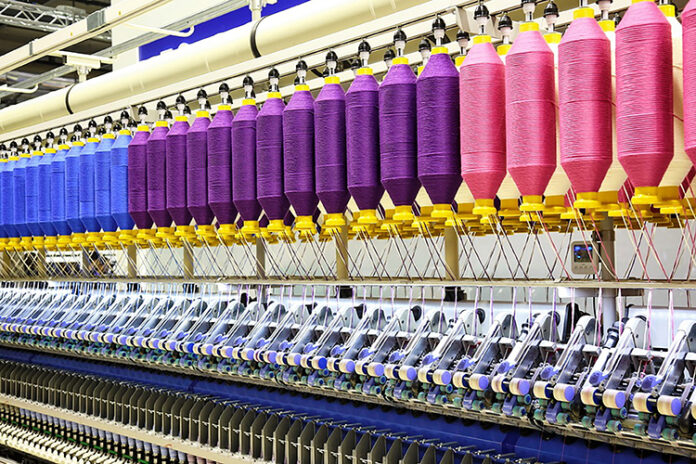By Aun Ali Raza | May 14, 2025 |
🧵 Italy Throws Support Behind Pakistan Textile Sector
Textiles Industry Cries for Power Bill Relief, the pinnacle of Pakistan’s economy, is now under tremendous strain from skyrocketing power rates and skewed tariff frameworks. The Pakistan Textile Exporters Association (PTEA) has now started forcing the government to change its mind about electricity tariffs considering industrial appliances, which currently punish het firms for investing in energy saving equipment.
⚡ Tariff Distortion Hurts Energy Efficiency and Exporters
In a statement, PTEA Patron-in-Chief Khurram Mukhtar said the electricity pricing mechanism being recommended by NEPRA (National Electric Power Regulatory Authority) is based on illegal and arbitrary considerations. ”The injustice is that those companies using 11kV (B3) and 132kV (B4) connections are heavily penalised when it power to the price they have to pay for electricity compared with those on 400V (B2) systems.
“Industries that upgrade to high-voltage setups to reduce grid strain should be rewarded—not penalized,” said Mukhtar.
He emphasized that the current model discourages investment in advanced energy systems, instead promoting inefficiencies that hamper industrial performance.
🔌 Workarounds Leading to Systemic Losses
To avoid excessive charges, some manufacturers are now splitting their power loads into multiple low-voltage connections. While this workaround cuts immediate costs, it results in:
- Increased system losses
- Revenue leakage for power distribution companies (Discos)
- Decreased overall grid efficiency
Mukhtar warned that this loophole, if not fixed, would further damage an already strained power system.
🌍 Global Standards vs Local Policies
Textile Industry Cries for Power Bill Relief On the world stage, triggers for higher voltage users, such as industry, are levied a 10 to 15% discount, lessening their demand on the National Grid. But in Pakistan, it is the opposite—people who spend more on infrastructure pay higher tariffs, something that needs to be corrected as a long-term measure for sustainability.
📉 Impact on Pakistan’s Textile Exports
The textile sector, already reeling from economic instability and high production costs, faces added strain from the unfavorable electricity pricing model. The PTEA urges immediate reform to:
- Encourage energy-efficient upgrades
- Support export competitiveness
- Restore investor confidence in the industry
Without these changes, Pakistan risks further declines in textile exports, a critical revenue stream for the country.
✅ Conclusion
The ongoing energy tariff crisis is more than just a pricing issue—it’s a structural flaw that threatens the sustainability of Pakistan’s most vital export sector. By penalizing efficiency and discouraging investment in high-voltage infrastructure, the current system undermines progress, productivity, and profitability. If the government fails to act swiftly, the consequences will ripple beyond the textile industry, affecting national exports, employment, and economic stability. It is imperative that policymakers address these distortions and align Pakistan’s industrial power policies with global standards to secure a resilient and competitive future for the Textile Industry Cries for Power Bill Relief.

